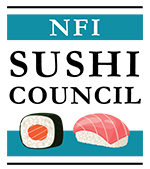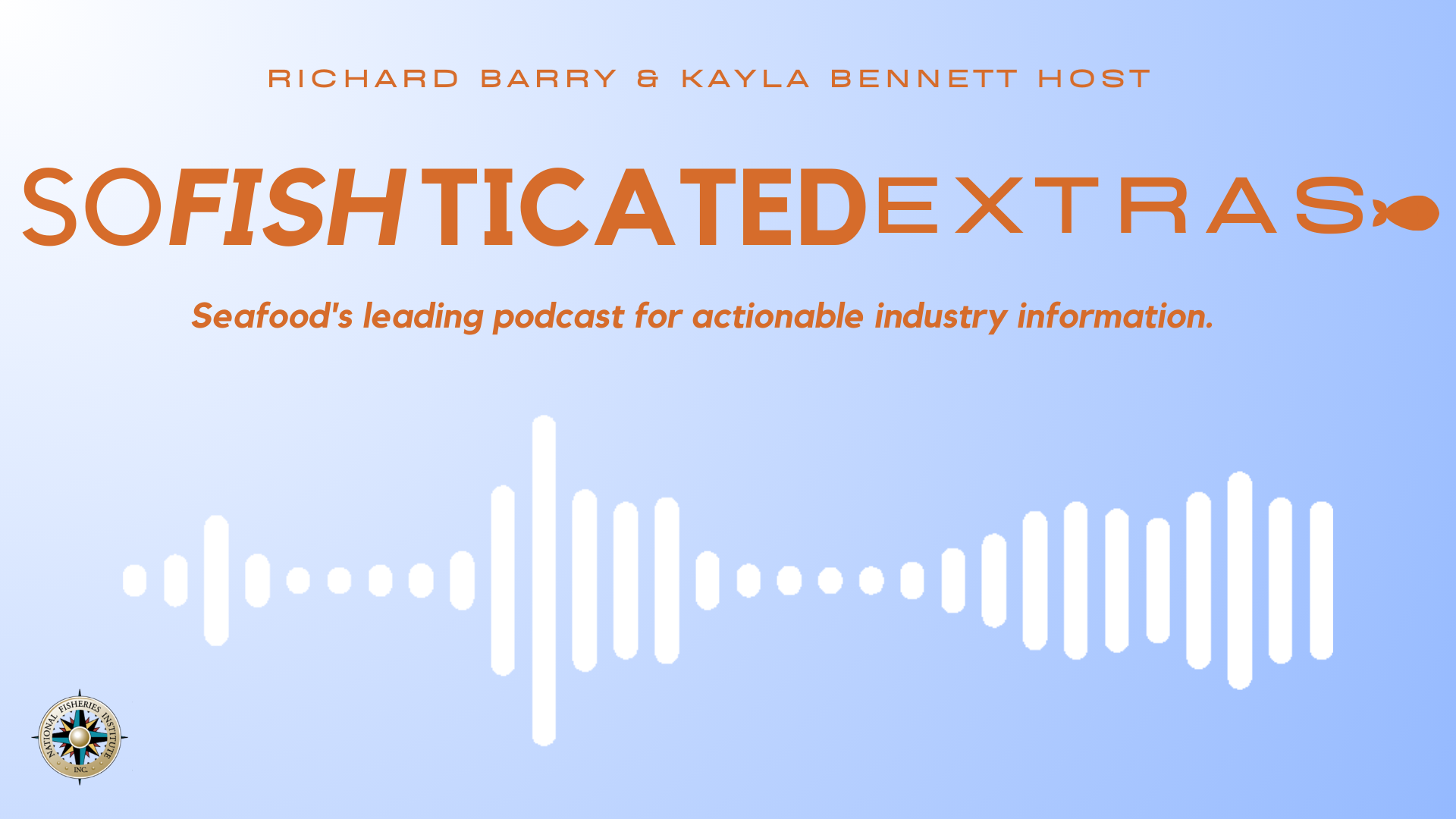A Simple Answer For Carl Safina
Carl Safina dedicates 1,167 words to speculating on the potential harm from mercury in seafood, but he could have saved himself a lot of time by skipping to the central question, which he asks mercury fearmonger-in-chief Ned Groth halfway through the piece. “What does mercury actually do to people? Are people getting sick?
Spoiler alert: The answer is no. There has never been a recorded case of mercury poisoning in America from normal seafood consumption.
Unsurprisingly, rather than share this simple truth, Safina and Groth indulge at great length in the kind of alarmism and hand-wringing that has contributed to Americans eating dangerously low amounts of seafood. So lets deal, once again, with Groths and Safinas biggest misunderstandings, misstatements, and mistruths.
Lets start with how Safina describes Groth and fellow fear-monger Michael Bender:
I recently spoke with Ned Groth, an environmental health scientist formerly with Consumers Union, and Michael Bender, co-founder of the Mercury Policy Project (MPP).
But both Groth and Bender work for MPP and are not unaffiliated as is implied here. MPP has a clear cut, activist agenda, and is the ground zero of mercury misinformation.
Safina also writes:
There’s no sharp line between “safe” and “unsafe” levels of mercury in the body, but the average adult has a blood level of about 1 microgram per liter, and anything above 5 micrograms per liter is considered too high.
In fact, there is sharp line. The FDA has set a limit for mercury in American food, and it is built with a 1000% safety factor, meaning American consumers would have to eat ten times more seafood than the recommended upper limit to reach levels of mercury associated with harm. A relatively healthy man like Safina wouldnt even come close to the danger threshold while whittling away on his 20lbs of tuna over several months, and a doctor wouldnt blink an eye if he ate that much in half the time.
Next:
Ned says that among commonly consumed fish and shellfish, some kinds have 100 times more mercury than other kinds. The highest levels are found in larger, longer-lived predatory fish such as shark, swordfish, tuna, marlin, and grouper.
As the old saying goes, the poison is in the dose. Consumed in high enough quantities, even water can be toxic. But just because some fish contain more mercury than others doesnt mean they are less safe to eat. The government only singles out four, rarely consumed species (king mackerel, shark, tilefish, and swordfish) for pregnant women only out of an abundance of precaution. There are no restrictions for anyone else.
Next:
The more fish a person eats, the more aware they need to be of the mercury content of their fish choices. . . . including people who eat fish instead of meat andpoultry; people pursuing a “heart healthy” diet; seafood lovers who eat fish multiple times a week; and recreational and subsistence anglers who eat what they catch.
This is not just misleading, but dangerously misleading. For one thing, the vast majority of fish eaten in America is not from personal/recreational fishing and thus is subject to FDA regulation. For another, Americans already eat far less seafood than recommended, and as a result put themselves at greater risk of health problems.
Time and again, fish lists have succeeded only in creating alarm andconfusion, further deterring American families from eating fish. This is particularly worrisome for a nation where pregnant women eat less than 2 ounces, or half of a serving, of seafood per week, and where families eat less than 15 pounds of seafood a yearcompared to 70+ pounds of poultry, 100+ pounds of beef, and over 600 pounds of dairy. Americans are not eating enough seafood to derive its nutritional benefits, much less enough to get sick from mercury.
Safina may have meant well in seeking out more information on mercury in seafood, but his first mistake was to ask Ned Groth, who is on record saying that he is not interested in any potential health benefits from eating fish, only the potential harm. Groth and his cohort at MPP cannot be trusted. His second mistake was to ignore the weight of scientific evidence that clearly shows eating seafood is not only safe, but is nutritionally one of the smartest food choices you can make for your heart and health.



